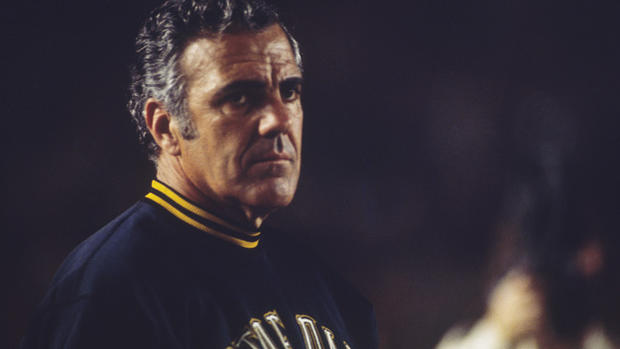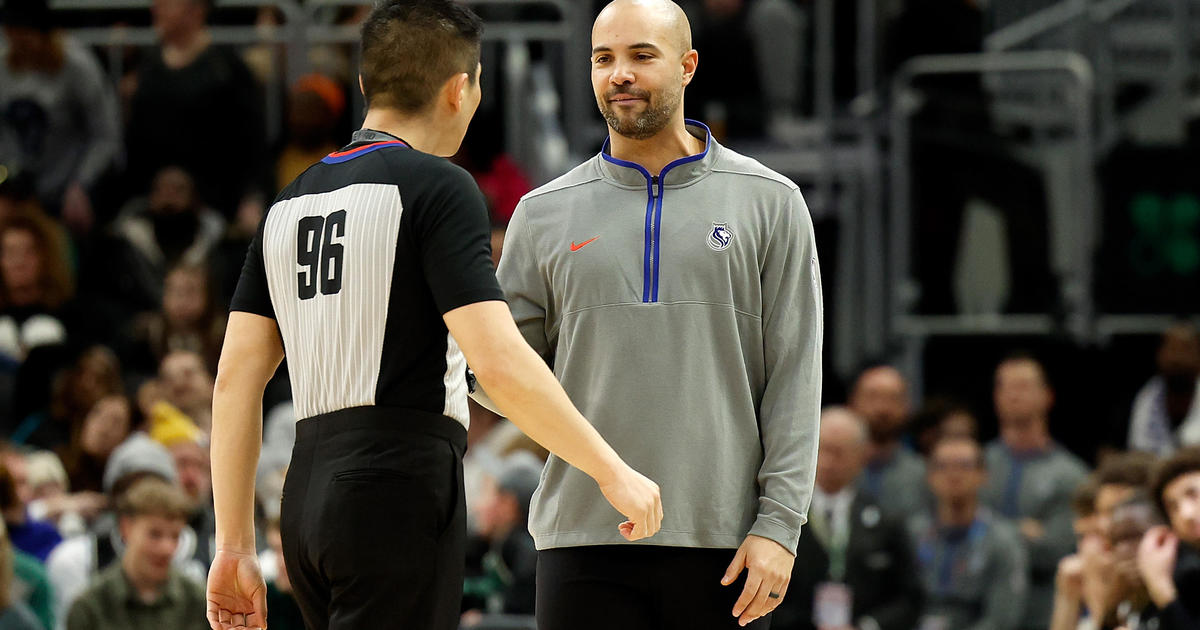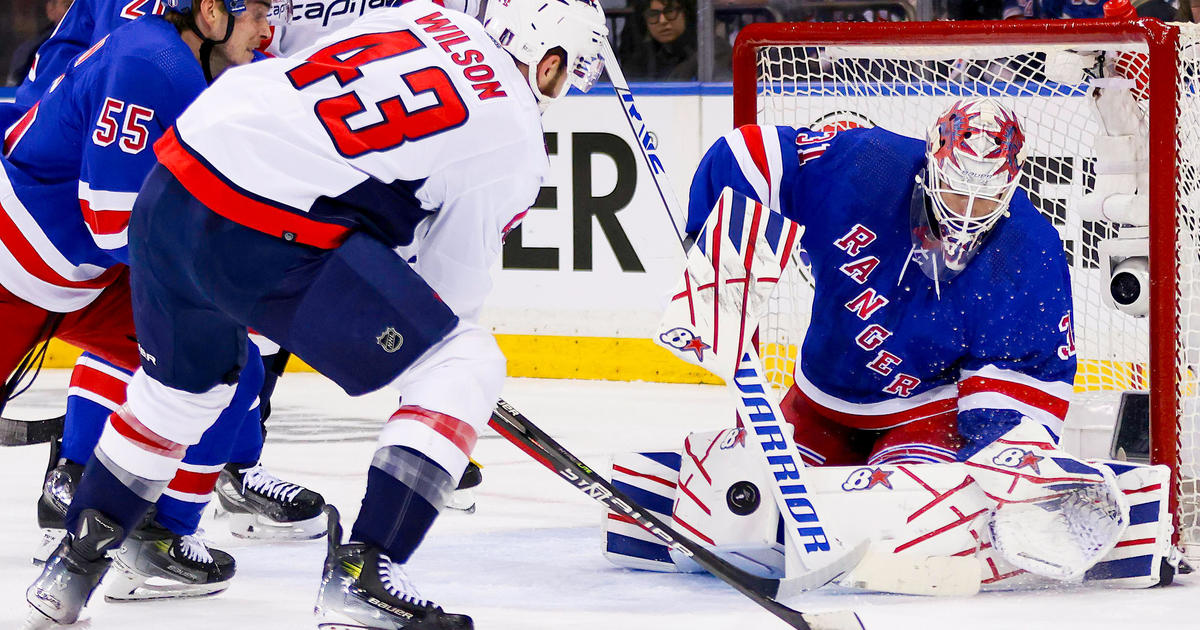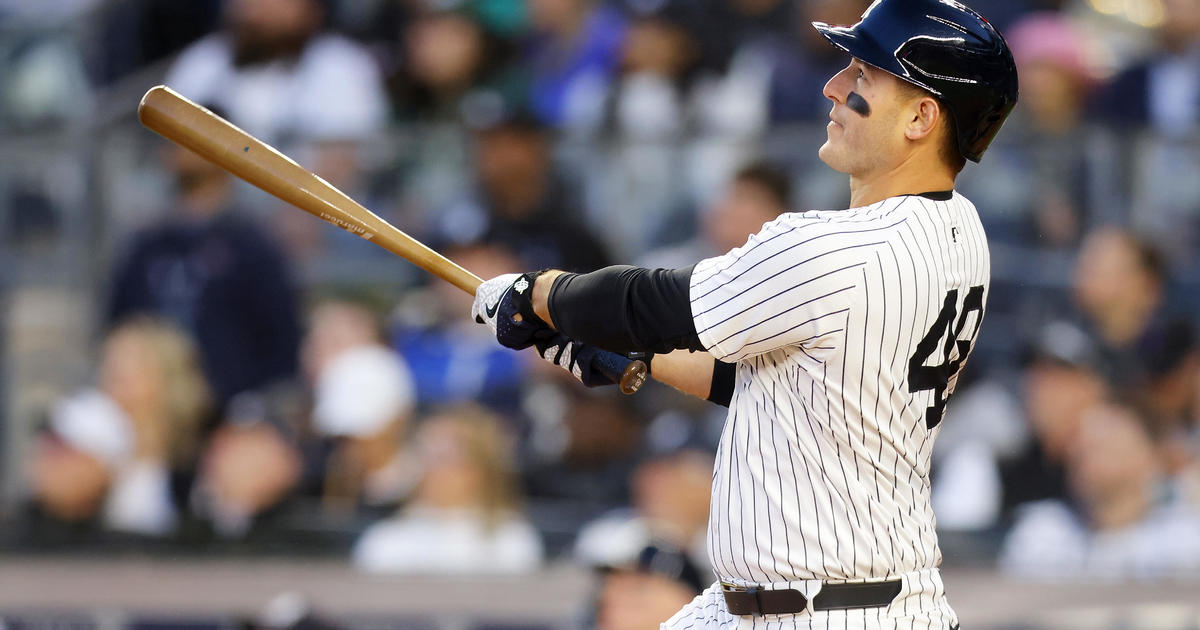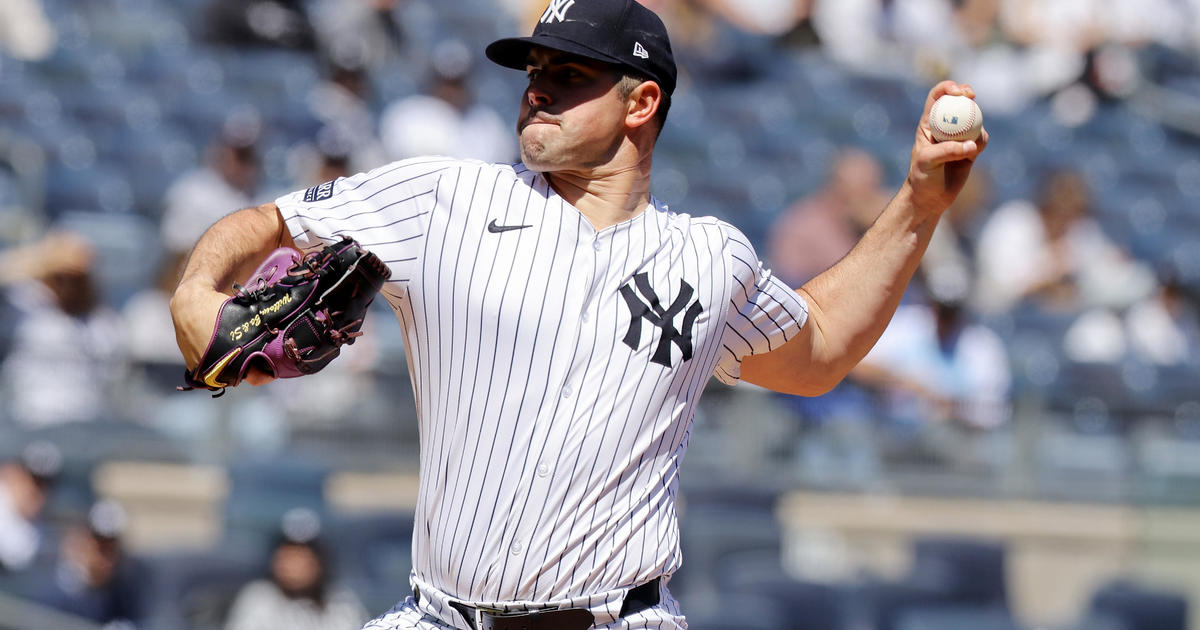Silverman: Coaching Legend Parseghian Was Always Ahead Of His Time
By Steve Silverman
» More Columns
Ara Parseghian coached in an era when many of the most well-known leaders were unyielding dictators.
Parseghian never fit in with Woody Hayes or Bear Bryant when it came to exerting authority. He didn't have to rule with an iron fist, but it was clear he was the boss on the field in practice and games.
Parseghian was one of the greatest coaches in college football history, and he led Notre Dame to two national championships. He died Wednesday at his home in Indiana at the age of 94.
His first national championship came after the 1966 season, and that was the year Notre Dame and Michigan State played the "Game of the Century" in East Lansing, Michigan.
That game was legendary, and it ended up in 10-10 tie. But that was more than good enough to help Notre Dame clinch the No. 1 ranking. It didn't hurt that the Fighting Irish beat USC 51-0 the following week.
Parseghian took some heat after the tie because he appeared to run out the clock when his team had the ball at the end of the fourth quarter. However, what critics didn't point out is that Parseghian was coaching with his second-string quarterback, Coley O'Brien, under center while Michigan State had the most devastating pass rusher in the nation in Bubba Smith mounting a full charge on every play.
The 1973 team had no such blips, as it rolled through 11 straight opponents, including Bryant's Alabama team in the Sugar Bowl.
Parseghian was a true coach, as he would come up with both the offensive and defensive game plans. He did not have offensive or defensive coordinators. He had assistant coaches on both sides of the ball who would complete film analysis of opponents while Parseghian devised the game plan.
The coach had confidence in his knowledge of the game, his own players and the best plan of action, and that's why he did it himself.
However, he was not a dictator. He was always open to questions from his assistants about why he wanted to play it a certain way, and he was able to explain his thought process and philosophies most times.
He did not bristle at the idea of suggestions or questions. He was happy to teach the game to his assistant coaches and players, and he always had a willing audience.
Parseghian was open like that in the meeting room, but not as much on the practice field or on the sidelines in games.
I had the opportunity to interview him when he was analyzing games for ABC, and he said his emphasis was to help his players prepare for life after football.
He said it was obvious that a coach's job was to win games but that he felt compelled to help his players grow and mature so they understood what it would take to be successful after football.
Many coaches say things like that, but Parseghian lived by them. He was coaching in the 1960s and '70s at a time when racial divisions and war protests were prominent. He encouraged the give-and-take of ideas on social issues, and the last thing he wanted was to have players who felt they had to echo their coach's thoughts or were afraid to give their opinions.
Parseghian started his head coaching career at Miami of Ohio before moving on to Northwestern in 1956. He stayed with the Wildcats through the 1963 season, and that's when he was hired to coach at Notre Dame.
He stayed with the Fighting Irish from 1964 through 1974, when he decided to call it a career. While Notre Dame had a 10-2 record that season and won the Orange Bowl, it suffered an ignominious defeat to USC.
The Fighting Irish built a 24-0 lead before the team collapsed and dropped a 55-24 decision. While Parseghian would be remembered for bringing Notre Dame back to glory, that game left a bad taste in his mouth.
Parseghian was 51 when he left Notre Dame, and while he had opportunities to return to coaching, he turned them all down.
He was a very effective TV analyst, but he never was completely at ease. His information was always excellent, and he explained what coaches were thinking as the games unfolded. But there was a certain distance to his words.
His players and assistant coaches know that wasn't the man they knew. They got the full Parseghian, and he was one of the game's all-time coaching greats, along with a caring human being.
Not many can claim membership in both categories.
Follow Steve on Twitter at @Profootballboy
